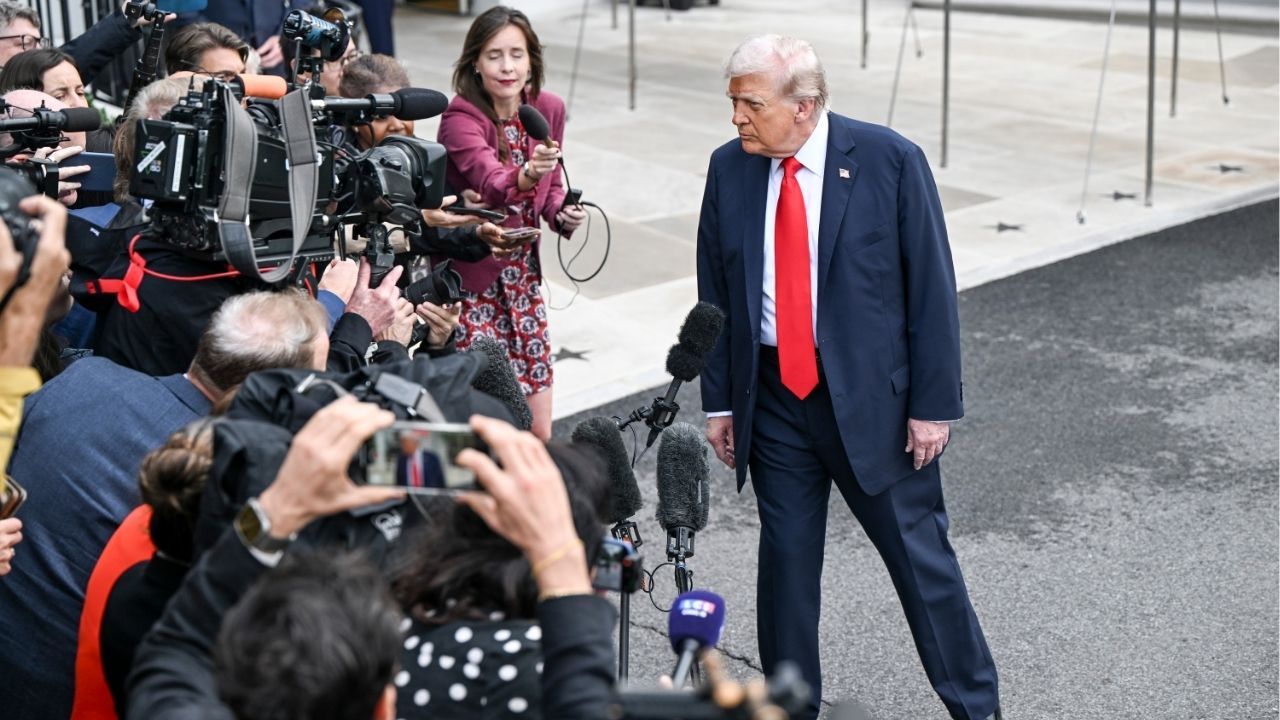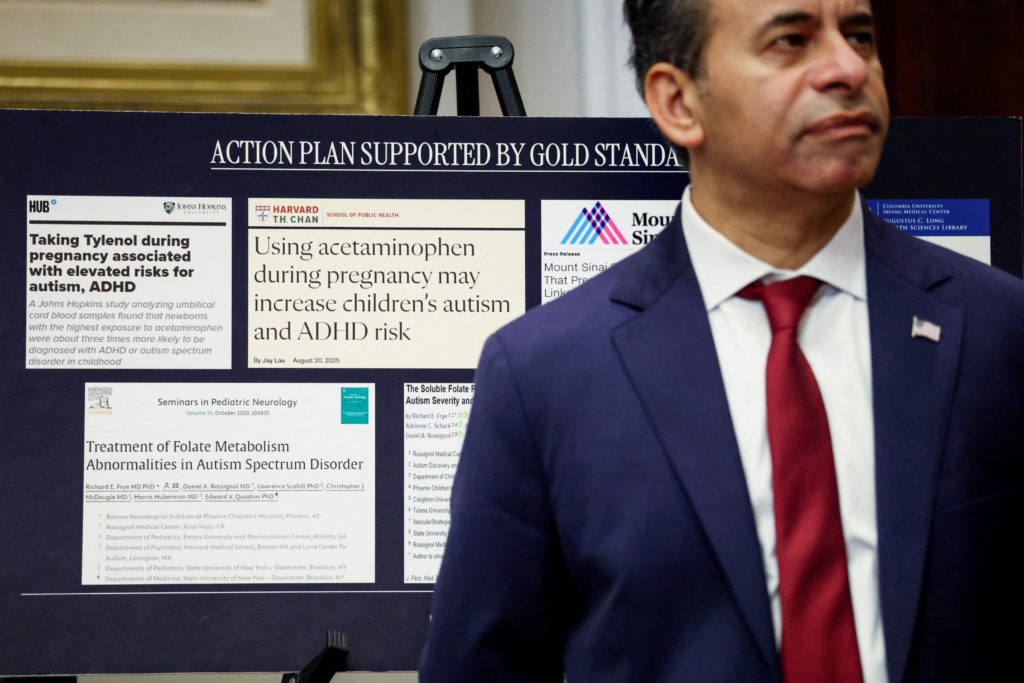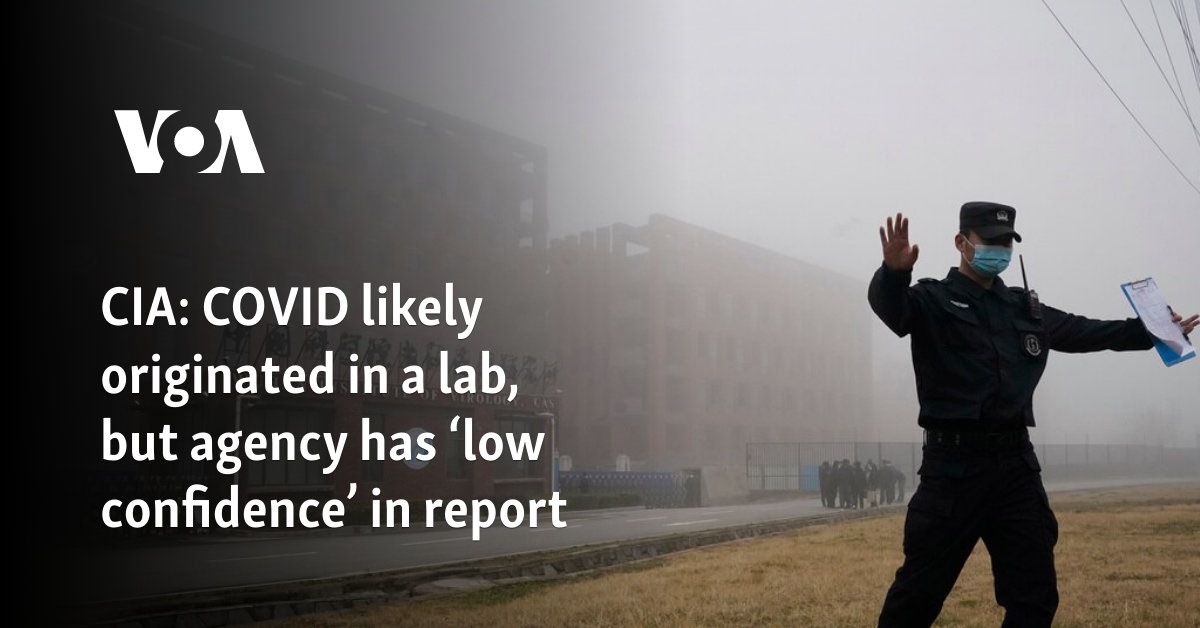Need to Resurrect Mannerheim
Journey to Asia
After returning from the Russo-Japanese war Mannerheim spent a little time in Finland and Sweden. As a representative of his family he took part in the 1905 Diet of the Estates in Helsinki from February to June 1905. This was the last Diet of the Estates in Finland.[24]: 16
Mannerheim, who had a long career in the Imperial Russian army, also rose to become a courtier of Emperor of all the Russias Nicholas II.[57] When Mannerheim returned to Saint Petersburg, he was asked to undertake a journey through Turkestan to Beijing as a secret intelligence officer. The cover story of this journey was a scientific exploration together with professor Paul Pelliot.[58] This became a journey that produced valuable geographical and ethnological research results.[21][59]: 16
The Russian General Staff wanted accurate, on-the-ground intelligence about the reforms and activities by the Qing dynasty, as well as the military feasibility of invading Western China: a possible move in their struggle with Britain for control of inner Asia.[60][61] Disguised as an ethnographic collector, he joined the French archeologist Paul Pelliot's expedition at Samarkand in Russian Turkestan (now Uzbekistan). They started from the terminus of the Trans-Caspian Railway in Andijan in July 1906, but Mannerheim quarreled with Pelliot,[60] so he made the greater part of the expedition on his own.[62]
Gustaf Mannerheim's route across Asia from Saint Petersburg to Peking, 1906–1908.[63]
The expedition of Mannerheim
Mannerheim undertook his journey through Asia to China on horseback. The total length of the journey was 14 thousand kilometres and it took two years from 1906 to 1908.[64]: 117 Mannerheim took his cover role seriously and collected a lot of ethnographic material from hitherto almost unexplored areas. Before his journey he had contacted the Finno-Ugrian Society where he had received a lot of instructions for scientific research. Kai Donner described him as an enlightened explorer.[24]: 18 Mannerheim also became familiar with Marco Polo's notes as well as exploration stories written by Nikolay Przhevalsky, Sven Hedin and Marc Aurel Stein.[65]: 22–24 He collected almost 1200 objects to the collection of the National Museum of Finland[66] and took about 1500 photographs. The photograph he took of Kurmanjan Datka in Kyrgyzstan is used in the 50 Kyrgyz som banknote. Kurmanjan Datka was the ruler of Kyrgyzstan at the time when the country was annexed to Russia. In part 27 of the journal of the Finno-Ugrian Society Mannerheim published a linguistically significant paper A visit to the Sarö and Shera Yögurs.[24]: 18 The most famous militarily significant result was the mapping of a road about 2000 kilometres in length.[24]: 14
With a small caravan, including a Cossack guide, Chinese interpreter, and Uyghur cook, Mannerheim first trekked to Khotan in search of British and Japanese spies. After returning to Kashgar, he headed north into the Tian Shan range, surveying passes and gauging the stances of the tribes towards the Han Chinese. Mannerheim arrived in the provincial capital of Urumqi, and then headed east into Gansu province. At the sacred Buddhist mountain of Mount Wutai in Shanxi province, Mannerheim met the 13th Dalai Lama of Tibet, who was living in exile on Mount Wutai after the British had occupied Tibet. Mannerheim was only the third European to be granted an audience with the 13th Dalai Lama. Mannerheim and the Dalai Lama discussed Russia and the expenses of Mannerheim's journey to Asia. The Dalai Lama gave Mannerheim a white decorated cloth to give as a gift to emperor Nicholas II. In return, Mannerheim gave the Dalai Lama his pistol and showed him how to use it.[67][68][69]
He followed the Great Wall of China, and investigated a mysterious tribe known as Yugurs.[70] From Lanzhou, the provincial capital, Mannerheim headed south into Tibetan territory and visited the lamasery of Labrang, where he was stoned by xenophobic monks.[71] Mannerheim arrived in Beijing in July 1908, returning to Saint Petersburg via Japan and the Trans-Siberian Express. His report gave a detailed account of Chinese modernization, covering education, military reforms, colonization of ethnic borderlands, mining and industry, railway construction, the influence of Japan, and opium smoking.[71] He also discussed the possibility of a Russian invasion of Xinjiang, and Xinjiang's possible role as a bargaining chip in a putative future war with China.[72] His trip through Asia left him with a lifelong love of Asian art, which he thereafter collected.[67]
From Beijing, Mannerheim travelled to Japan and from there to Vladivostok, from where he returned to Saint Petersburg along the Trans-Siberian Railway. After returning to Russia in 1909, Mannerheim presented results of the expedition to Emperor Nicholas II. Mannerheim had originally planned to spend twenty minutes with the emperor, but the meeting lasted about an hour longer than that.[65]: 22–24 There are many artifacts still on display in the museum.[57] After that, Mannerheim was appointed to command the 13th Vladimir Uhlan Regiment in the Congress Kingdom of Poland. The following year, he was promoted to major general and was posted as the commander of the Life Guard Uhlan Regiment of His Imperial Majesty in Warsaw.
Mannerheim recorded his journey to Asia in two books: A visit to the Sarö and Shera Yögurs and A journey through Asia. The latter book was originally published in Russian but has since been translated to numerous other languages and has attracted a great deal of professional attention.[21]



www.nytimes.com




 www.voanews.com
www.voanews.com
